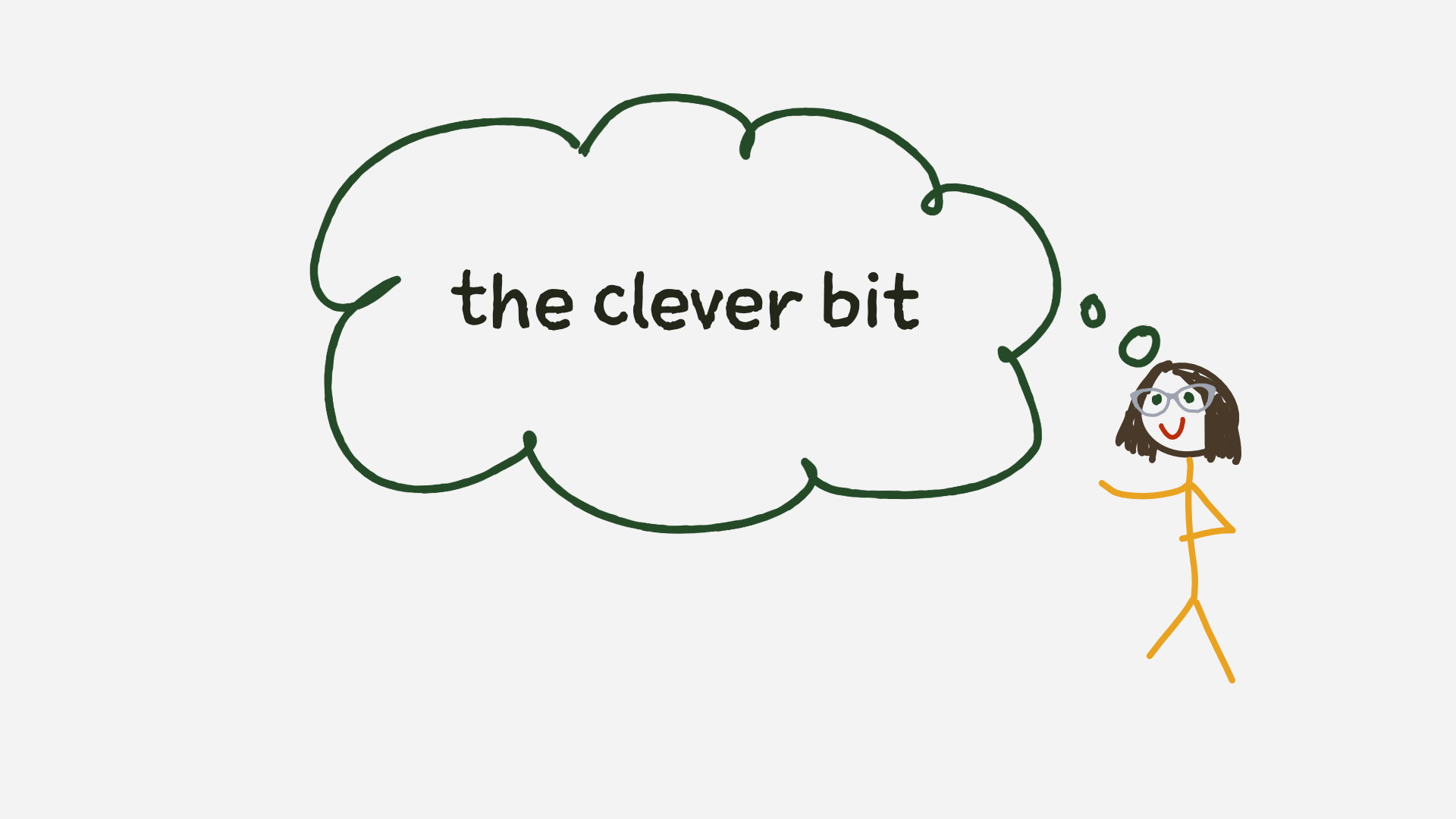Is it worth it to write a business book?

Is it worth it to write a book? Especially a business book?
I usually tell people not to write a book. I might, in fact, be telling you not to write a book. Primarily because writing a business book is rarely profitable, and there are far better options for sharing your expertise with others.
Around 40% of the people on my Productise Your Expertise programme include writing a business book in their list of potential products to make. And as we work through the list of potential products, the book gradually drops down the priority list.
Writing a book is often just not worth it. But if you’re still thinking about writing a book, especially writing a business or non-fiction book, I’ll show you some clever ways to make it worth it. And I’ll suggest some other digital product ideas which, frankly, might be better and more profitable for you.
How I learnt this the hard way
I’ve written two different books with very different experiences.
One of my very first products was my Sweetspot Pricing book. It nearly stopped me from creating products altogether because it took me three years to go to the office at weekends, write the book, put it all together, pay to get it edited, pay to get it edited (again), and pay for a coach to help me write it. It just took forever.
It’s so much effort to make something good. And business books are rarely profitable.
Steve’s book-writing story
A friend of mine (Steve Bustin) wrote a book in a week. And he just dedicated his whole week to this. He had this hilarious account of him being upstairs typing away, getting to his 20,000 word count, which is a shortish book, by the way. And he would take some pages when he’d written them, dash downstairs, speak to his husband, who would then edit them and bring them back upstairs. Between the two of them, they got it done in a week. That’s one way to do it and get a book out. But you might not have the energy or helpful husband to be able to do that.
Steve’s book is The Authority Guide to Presenting and Public Speaking
Is writing a book worth it?
Writing a business book is rarely worth the effort.
There are better products you can make, especially products to start with. The problem with books is that people have an anchor price for books. We expect to pay around £10 to £15 for a book. Even people like me, who love reading and know that you can learn an enormous amount from books, struggle when asked to pay more for a book.
Only 51% of people regularly read books at all, so you’re automatically limiting your market.
This means there is a hard limit to how much money you can make from selling a book as a product. Let’s think about it.
- You have to put more work into writing a book than creating most other products
- The sales price will automatically be a fraction of your other products
- Books take just as much marketing and promotion as other products
You can see how writing a book to sell becomes less and less appealing. Writing a book is simply not profitable.

I get it. You might want to write a book for many reasons despite my warnings here. And your reasons are likely to be valid.
Are you saying you still want to write a book because
These are all perfectly valid reasons to write a business book.
If you’re certain that you’re prepared to put in the hard work and that there will be some tangential reward, such as creating an impressive “leave behind” product to help you bring in more significant contracts, we need to think differently about how you put your book together.
Because the traditional way of writing a 60k word book and selling it for £10.99 is, frankly, a mug’s game. There are much more clever ways to do this.

Clever ways to write a book
Let’s look at how you can accomplish your goal of making it worthwhile to write a business or non-fiction book. You might want to write your book because it’s a clear path to a different objective or because you have that deep desire to write a book. And you still have a desire to make some money from it.
Here’s how to make writing a book worth it
Write a workbook instead
You can instantly sell a workbook for £100 to £200 just by adding in some bits that people follow and fill out within it. Customers don’t have that pricing anchor point in their heads and a workbook will help them to do a thing, so there’s a different use case for your customer.
The only reason why Sweetspot Pricing eventually became profitable is because I also made the workbook version of the book, the Sweetspot Pricing Big Resource Pack. I sell the Resource Pack for £99. It’s much more useful for clients and creates profit for me.
Here’s one I made earlier
One way of making books more quickly is if you already have a whole set of content you’ve made and can edit that together.
I did that for my second book, Tales of Everyday Business Folk. I’d written some stories as an email lead magnet. This didn’t work at all as a lead magnet, but I did enjoy writing these stories about the business owner, Katherine. It satisfied what was left of my urge to write another book after Sweetspot Pricing.
I gave it to a virtual assistant to edit and publish as a book. She handled all the formatting, uploading to Amazon, etc., and she charged me about £350.
With this method, I was very quickly able to have a second book. If I had any urges left to write a third book, I would pay someone to pull together all my blogs and the exclusive content I send out by email every week and get them to edit it together as a book. Maybe with some of my space images and badly drawn pictures. This would probably cost around 1k to get done.
Ghostwriting
One way to quickly get a book out there is to use a ghostwriter to write it for you. If it’s good enough for Prince Harry, it’s good enough for you.
You sit down once a week with your ghostwriter on Zoom and tell them what you want in the book. It’s up to them to organise all your thoughts, type out all the thousands of words, and pull them together in a book that sounds like you wrote it because they wrote it in your tone of voice.
I’d expect to pay around 10k to ghostwrite a business book ready for you to sell. While this is not a cheap option, and you’re unlikely to make that money back unless you already have a large audience, it’s one way to make the book that’s been in your head for years into a reality.
A ghostwriter is also a good option if you’ve started the book and got stuck a third of the way through because other priorities came up, and you got stuck.
The get up early approach to writing a book
Several of my clients have used the get up early approach to writing a book where you just set an hour each day to power through writing. Daniel Priestley has talked about how he’s used this to write each of his five books, and I’ve used it for other content creation sprints.

Set a timer, glue your bum to your chair and type away for an hour each day
Quick tips on this approach to writing a book
- You don’t need to get up early if that doesn’t work for your life set-up. Just schedule regular hourly sessions at a highly productive time
- Have a ritual before you start. Some people have a cup of tea. A friend lights a candle before starting
- Have some writing music playing. Much of my content is created while listening to Bach’s Cello Suites, and after 10,000 hours of listening to this while working, I can’t hear it without my brain going into concentration/deep work mode. It’s on right now, in fact.
My advice to make writing a business book worthwhile
If you have an unscratchable itch to write your business book, you should go for it, using one of these techniques to get that book out of your head and into your product ecosystem. Be aware that you’re doing this in the full knowledge that your business book is not going to be profitable for you. But do it anyway because you can.
And then see how you can use that book in other ways. Can you use modular product development techniques, where you incorporate some of the book into other products which will be profitable? Could you cut and paste some of the book content as microlearning in an online course? Or in your marketing?
And then move on to your next product
As soon as possible, move on to creating other products which will make money for you. Here are some ideas for the most profitable digital products you can make to get you started.
Make a more profitable digital product instead
If your desire to write a book can be put off, my advice is to ditch the whole project and move fast to other products, which will generate a whole lot more money for you. I wish someone had told me that back in 2014, so I’m sharing it with you now.
How I learnt that writing a book is not worth it
Here are other articles on productised services and digital product ideas
What are the most profitable different types of digital products you can sell?
A million digital product ideas
